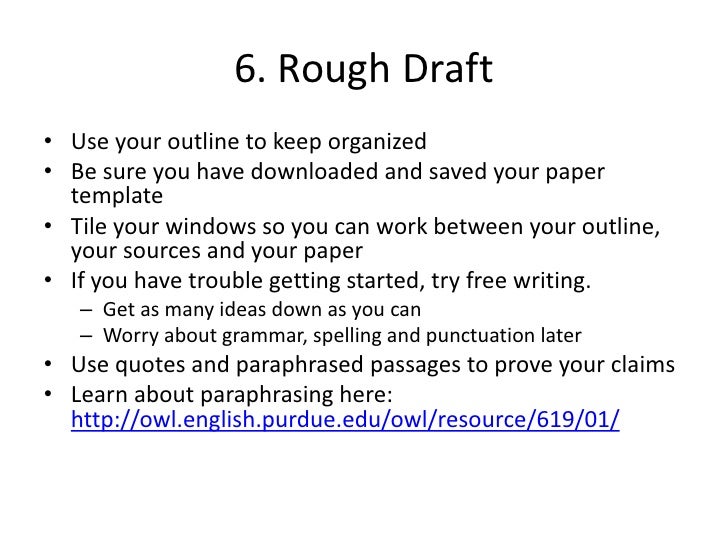

Slowed breathing is particularly dangerous These side effects are all magnified when the painkillers are mixed and taken together. Each individual pain killer has side effects. Typically when teens experiment with painkillers it does not take long for them to combine them. Withdrawal symptoms are also significantly worse when painkillers are snorted. Nasal passage may experience complete tissue death. Snorting the drug significantly enhances the lucid effects of the drug but also the risks. Dangerous experiments involving snorting painkillers such as Vicodin, Percocet, and Oxycontin usually begin.

Eventually the teen will grow bored of this adventure and want to try something new.

This experimental behavior often leaves the teen feeling high and adventurous. Naturally teens begin taking painkillers orally, whether because they need to or because they are experimenting. Furthermore, prolonged use of painkillers for recreational purposes can encourage addictive behavior in other substances later in life. Painkillers are habit forming and teens can and will become addicted. Continuous use of painkillers to get high may be thought to be harmless by some but it is not. Over half of teens using painkillers do not actually need them, but only use them as a source to get high. The lucid effect painkillers provide also encourages teens to use them recreationally. Of course the primary effect painkillers have on teens is to make pain subside. Most frighteningly, because many of these painkillers cause slow breathing and because teens have a tendency to mix painkillers, they can even cause teens to die.


 0 kommentar(er)
0 kommentar(er)
